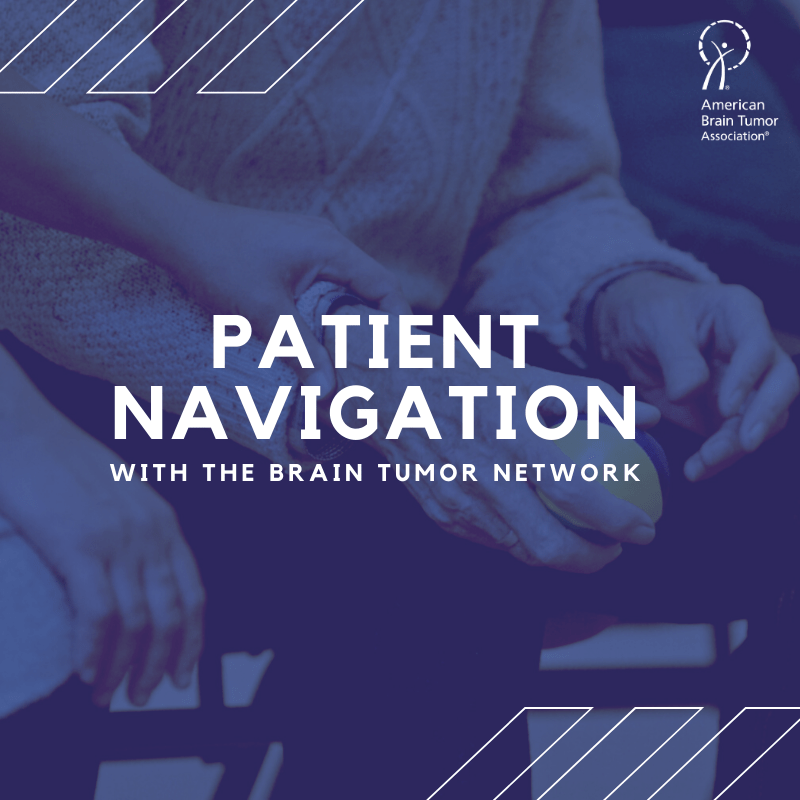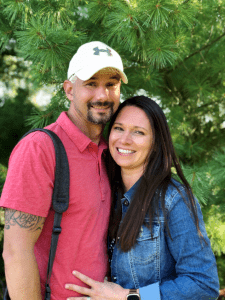What would you do if you were diagnosed with a brain tumor and lacked access to a treatment center or medical institution that specialized in neuro-oncology? How would you go about getting the best care? That’s where patient navigation services can help.
Considered a support line for those managing a brain tumor diagnosis, patient navigation can make all the difference in understanding and accessing the best treatment options available. In this month’s MindMatters, the ABTA sat down with Kristie Naines, executive director of the Brain Tumor Network to uncover the purpose of patient navigation and benefits for those impacted by a brain tumor diagnosis.
Charting a Course Through a Medical Crisis
From helping patients and families with seeking a second opinion to overcoming insurance challenges, patient navigation can help take the burden off the shoulders of patients and their caregivers as they chart a course on their brain tumor journey. One organization at the forefront of offering patient navigation is the Brain Tumor Network.
The Brain Tumor Network (BTN) provides free, customized information for adult patients of primary brain tumors and their families anywhere across the country. Untethered to a specific medical institution or the pharmaceutical industry, BTN offers unbiased services and information, including:
- Linkage to clinical trials
- Assistance with seeking a second opinion
- Navigating insurance and reimbursement issues
- Support with gathering medical records
- Connection to emotional and psychological support services
- Administrative support, such as making patient appointments
Learn more about patient navigation and its benefits for the brain tumor community with Kristie Naines, executive director of the Brain Tumor Network.
What is the Brain Tumor Network?
“We empower brain tumor patients and their families to make choices by asking questions, understanding their situation and customizing guidance based on their unique set of needs,” said Kristie Naines, executive director of the Brain Tumor Network. “Our staff is here to offer patients with options available to them and help broaden the horizon for patients in getting treatment and care.”
Founded in 2014, BTN was founded by husband-and-wife couple, Rick and Susan Sontag, who found their own personal battle with a brain tumor diagnosis wrought with frustration and unknowns. They set out to change the course for other patients by establishing the Brain Tumor Network. With a staff consisting of nurses highly trained in neuro-oncology, clinical social workers and a neurosurgeon, the Brain Tumor Network is well posed to offer support services and information on a range of issues for adult patients and their caregivers.
To learn more about patient navigation for those impacted by a brain tumor diagnosis, contact the Brain Tumor Network at braintumornetwork.org or call toll-free 1-(844)-286-6110.




















